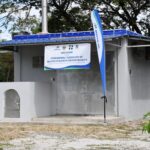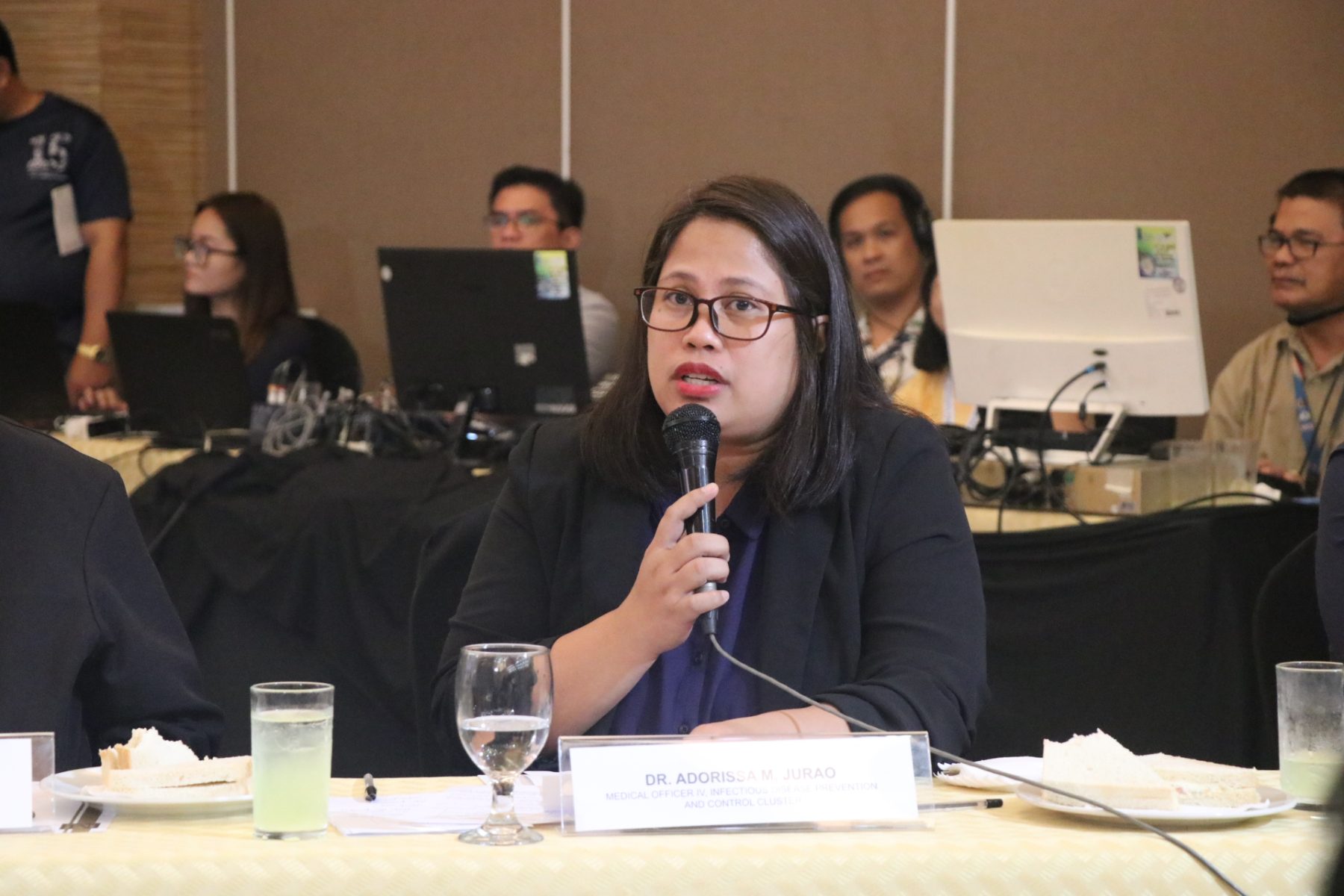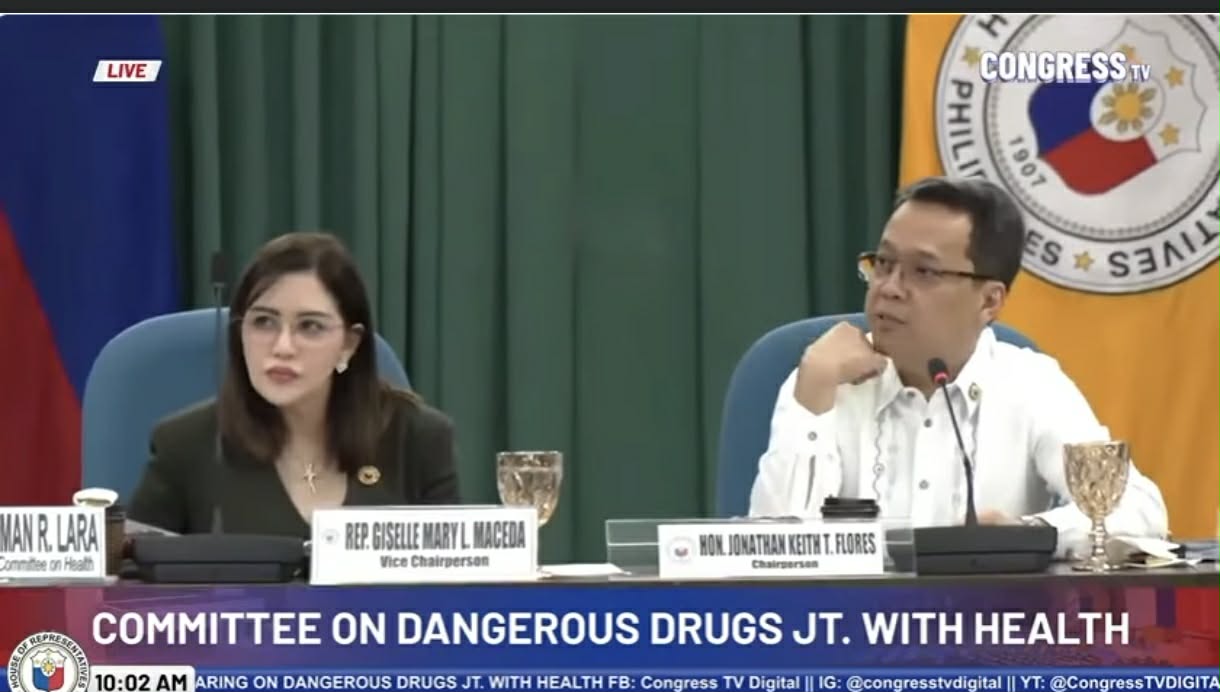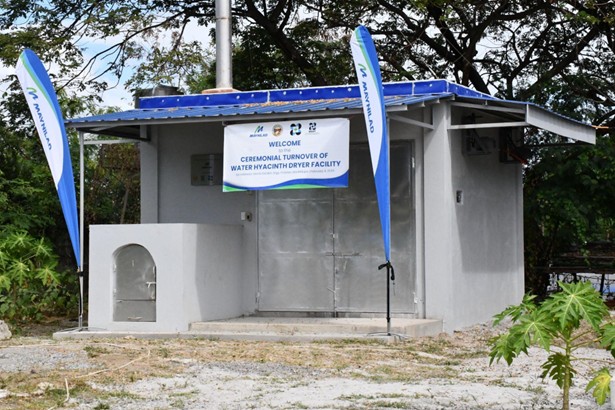QUEZON CITY – The number of dengue cases in the National Capital Region (NCR) has decreased by 16.39 percent, the Metro Manila Center for Health Development (MMCHD) said Tuesday, July 2.
The latest data from the Regional Epidemiology Surveillance Unit (RESU) indicates that as of June, a total of 6,531 dengue cases were reported, a significant drop from the 8,000 cases recorded in the same period last year.
At the Kapihan sa Bagong Pilipinas (KBSP), Dr. Adorissa M. Jurao of the Department of Health (DOH)-Infectious Disease Prevention and Control Cluster underscored that the decline in dengue cases was due to the active implementation of preventive measures at the local government level.
“This is not possible without the help of our local government units. Right now, our main strategy in terms of preventing or lessening the cases of dengue is the 4S,” said Jurao.
The 4S strategy includes:
- Source reduction
The MMCHD emphasized that cleaning the environment is not enough to prevent dengue. Clean-up drives must also include the search-and-destroy operation of mosquito breeding sites such as gutters, old tires, and other water-holding containers.
Earlier, Health Secretary Teodoro Herbosa urged communities to keep an eye on possible breeding grounds for dengue-carrying mosquitoes.
“More water means more mosquito breeding grounds. Kill mosquitoes to keep dengue down. Search and destroy stagnant water. Also, don’t let these pests bite you,” said Herbosa.
2. Self-protection measures
There are many ways to prevent bites from dengue-carrying mosquitoes, including the use of insect repellent lotion, mosquito nets, pajamas, and other clothes designed to protect the skin, especially during the rainy season.
3. Seek early consultation
One of the major symptoms of dengue is fever, a sign after a mosquito bite that the bitten person needs to seek medical attention. Hospitals in Metro Manila immediately activate dengue fast lanes to ensure that dengue patients will be given the necessary medical attention upon admission.
4. Space spraying/fogging
Once the clustering of cases has been reported, the effort to combat dengue is sustained through fogging operations in order to exterminate dengue-carrying mosquitoes.
Jurao also said that Metro Manila residents should not be afraid of the dengue virus, knowing that the measures to prevent it from spreading can be started at home.
“Huwag po tayo matakot sa sakit na dengue dahil ang pag-iwas dito ay nanggagaling din po sa atin mismo, lalo na sa sarili nating bahay by ensuring na wala po tayong breeding sites ng mga lamok,” Jurao said.
(Don’t be afraid of dengue disease because its prevention depends on us, especially at our homes, by ensuring that mosquito breeding sites are destroyed.)
MMCHD Regional Director Rio L. Magpantay, for his part, underscored the importance of health literacy in fighting dengue and other water-borne diseases aside from active surveillance.
“Sa pamamagitan ng health-seeking behavior, dapat i-increase natin ang health literacy. Ito po ang magiging batayan natin para makatulong ang komunidad sa pagpapalaganap ng tamang kaalaman kung paano matatanggap ang mga serbisyong pangkalusugan,” said Magpantay, citing the vital role of Filipinos in extending the programs of the health sector to grassroots communities.
(Through health-seeking behavior, we increase our health literacy. This is the basis for our efforts in the dissemination of accurate information to communities to guide them on how to avail of and enjoy the different healthcare services.)
Dengue is caused by a virus that mosquitoes spread, particularly the Aedes aegypti or yellow fever mosquito. The DOH said that most people who have contracted the dengue virus will not experience symptoms. However, should there be a high fever, severe headache, muscle and joint pains, nausea, and rashes after exposure to a mosquito bite, seeking medical consultation is highly recommended. (Janna Marie Pineda/PIA-NCR)
















